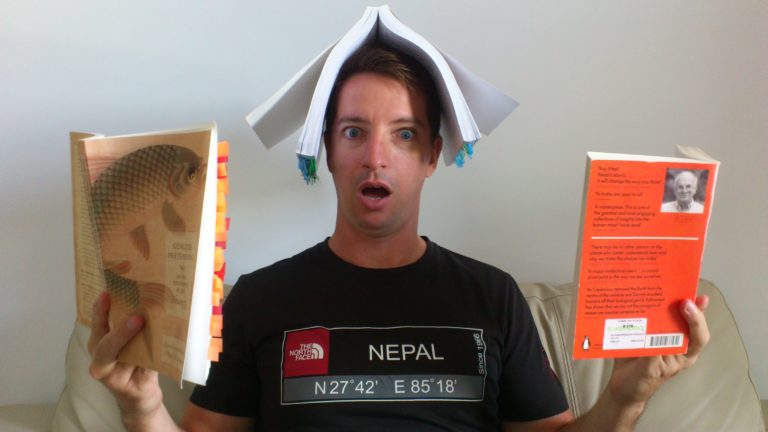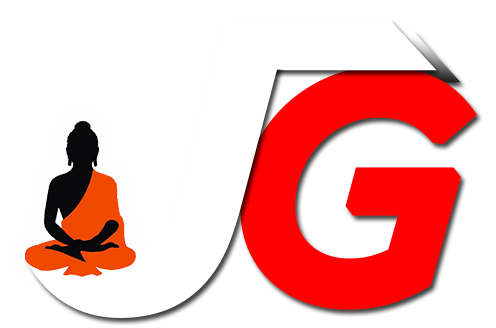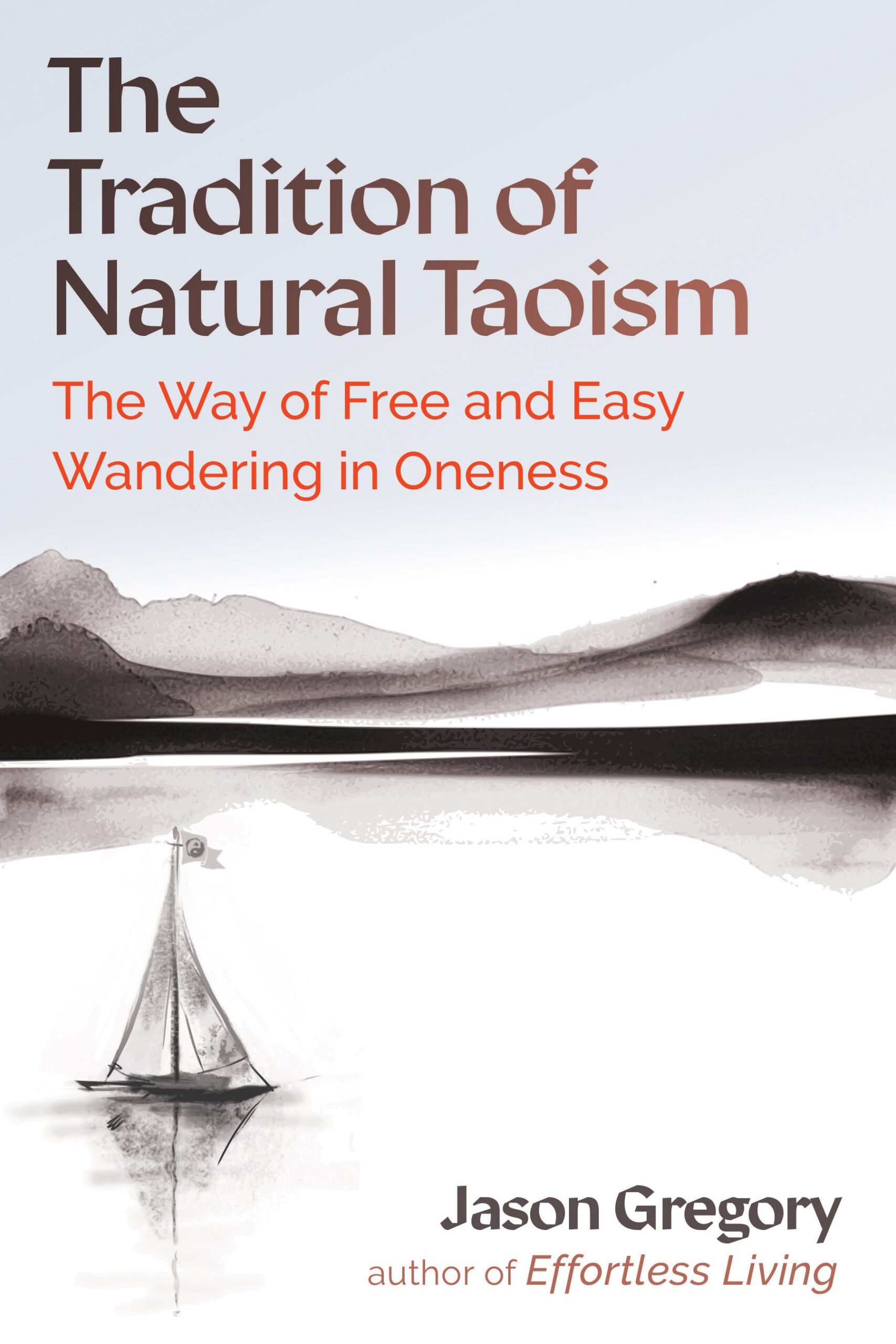My Top 5 Books of 2017

2017 was a rich year for books on spirituality, philosophy, psychology, and optimal performance. Too many to get through. But if you use your time wisely then there is more than enough time to at least consume and digest five books a year. I use to set lofty goals of always reading ten books a year, but as a writer that is not possible with my commitment to my work. But its still a target I aspire to reach every year because, even if you hit the 5-10 mark each year, it means you haven’t been wasting your time on things that don’t matter.
Many of us these days waste most of our time on entertainment. We scour digital devices night and day for the next soundbite to entertain us. Reading, on the other hand, puts the power back in your hands and it demonstrates a loud and clear NO to becoming a distraction junkie. Reading the right books will build the foundational pillars in your life (or in your mind) to cultivate intelligence, harness creativity, and experience prolonged equanimity. Below are the best books I read in 2017 (not all are published in 2017).
Genuine Pretending: On the Philosophy of Zhuangzi
by Hans-Georg Moeller and Paul D’Ambrosio
Chinese philosophy (alongside Indian philosophy) is always my central focus because of my dedication to to delivering ancient Eastern thought for modern minds. And when it comes to the ancient Daoist (Taoist) sage Zhuangzi (Chuang-tzu) I’ll read anything about his philosophy. When people speak about Daoism they often look to Laozi (Lao-tzu) for its gems. But if you have not encountered the genius of Zhuangzi then it is hard to get a complete picture of the depth of Daoism. As soon as I laid my eyes on Genuine Pretending it was immediately on my hit list. And I can tell you that Hans-Georg Moeller and Paul D’Ambrosio did not disappoint. They explain how the classic Zhuangzi text is not a one dimensional text.
A lot of people believe the text is either a book on metaphysics, spirituality, strategy, or politics. But the authors believe it is all of the above and much more, especially when we take seriously (or not seriously) the humor component of the text. Genuine Pretending goes into the science behind humor and what that has to do with the spiritual depth of the Zhuangzi text. They have a thorough study of sincerity and authenticity, and how that relates to Confucian thought and Zhuangzi. This book explains that even though Zhuangzi is criticizing Confucian thought somewhat, he is really poking fun at it because of the sincere people we are supposed to become through high moral values and ideals that Confucius believes we should live up to.
Zhuangzi skillfully knows these high rationalistic goals are not possible. Zhuangzi explains that in trying to create sincere people we actually create the opposite. Most importantly they introduce the Genuine Pretender, the joker in the pack, which in their opinion is a state of being Zhuangzi recommends for us to be in if we want to be a healthy and sane individual and live in a healthy and sane world. “A genuine pretender develops a capacity to playfully and skillfully enact social personae by looking at things, including oneself, from a ‘zero perspective.'”
The Yoga Tradition: Its History, Literature, Philosophy and Practice
by Georg Feuerstein
I’ve read a truckload of books on Yoga. Some have been done well and others struggle from a lack of understanding the philosophy of the great tradition. But there is no doubt that The Yoga Tradition is the best book on Yoga period. Georg Feuerstein is still one of the most underrated scholars on Yoga and Eastern thought out there. His understanding of classical Yoga is phenomenal. This book has often been referred to as the “Yoga phone book” for its size. But I will tell you this, you don’t want the book to end once you dive in deep.
Feuerstein explores everything about the Yoga tradition to its nth degree. Actually, he covers a lot more than that. He also does a fantastic job in covering Vedanta and Samkhya philosophy. He takes you through the whole history of Hindu thought, not just Yoga. Be careful though, this book is the real deal. It is not about the Western version of Yoga that is a poor rip off of Hatha Yoga. This book explains what Yoga truly is and why it is important to follow the tradition and not its cheap imitations. As a writer, I find it inspiring to see the length Feuerstein went to produce a piece of work that will be around for hundreds, if not thousands of years. His scholarship is unmatched when it comes to Yoga. But it is his heart and wisdom that keep the fire of this rich tradition burning into the future.
Thinking, Fast and Slow
by Daniel Kahneman
The relationship of psychology to spirituality, specifically Eastern thought, has been growing exponentially for decades. But I believe it is with the recent developments in cognitive science that a lot of explanations we are looking for in regards to spirituality and the nature of mind can be finally answered. My own work has also began to make the obvious connections between the Eastern philosophical traditions and cognitive science. You see this in two of my books, Fasting the Mind and Effortless Living, and also in a future unpublished book.
And if you’re interested in understanding cognitive science thoroughly, then Kahneman’s Thinking, Fast and Slow is the perfect start, if not a complete picture thus far. Most importantly Kahneman thoroughly explains dual process theory, the two systems of cognition in our brain. These two systems are the key ingredient in understanding the workings of our mind and it is perfectly adapted to Eastern philosophy, which both make a complete science of mind.
The Art of Disappearing: Buddha’s Path to Lasting Joy
by Ajahn Brahm
Currently there is a multitude of books on Buddhism, meditation, and mindfulness. Sadly many are not steeped in tradition or do they come from people with years of meditative experience (as you see with entrepreneurs parading themselves around as experts on meditation and mindfulness). But this book is definitely worth its weight in gold. In this book Ajahn Brahm provide’s a concise and authentic book on meditation, mindfulness, and the Eastern approach of transcending the persona system.
With Ajahn Brahm’s history with the Theravada Buddhist Kammatthana Forest Tradition of Thailand and his own monastic life, he is an experienced guide to take you to the depth of your mind to realize what the title suggests. This is no wishy washy book, it is for those serious about spirituality. This book will take you to the end the Buddha’s teaching which many of us are frightened of: the end of volition.
The Grain Brain Whole Life Plan: Boost Brain Performance, Lose Weight, and Achieve Optimal Health
by Dr. David Perlmutter
Where to start with books on health? Its too mind-boggling now with the amount of information on what is good and bad for us. Actually, the stress all this over information causes is probably worse than the diets we choose (a whole other topic). Now I’m not saying this is the book on nutrition but it is one of the best I enjoyed in 2017. This book expands beautifully on Dr. David Perlmutter’s previous work.
The great thing about this book is its practical approach for living an optimal lifestyle. Not only does he explain the science behind the low-carb high-fat diet, but also exercise and recipe tips that are very useful. This book might be useful for somebody who is overweight or has psychological issues. Once upon a time I was a vegetarian and part-time vegan, for six years actually. But over that time I didn’t notice that my diet had become too intellectual and I was not listening to what my body needed (even though I should know better as I’m schooled in the Three Treasures of Chinese Medicine and Indian Ayurveda, go figure).
I must personally thank people like Dr. David Perlmutter for transforming my diet and giving me a new level of health for the last four years. I’d say give it a try with an open mind but don’t take it as gospel as their is always new science which debunks other proofs and on and on down the rabbit whole we go.
That’s the five best books I read in 2017. What are some of the best books you read in 2017?
NOTE: This site directs people to Amazon and is an Amazon Associate member. As an Amazon Associate I earn from qualifying purchases. The pages on this website may contain affiliate links, which means I may receive a commission if you click a link and purchase something that I have recommended.

